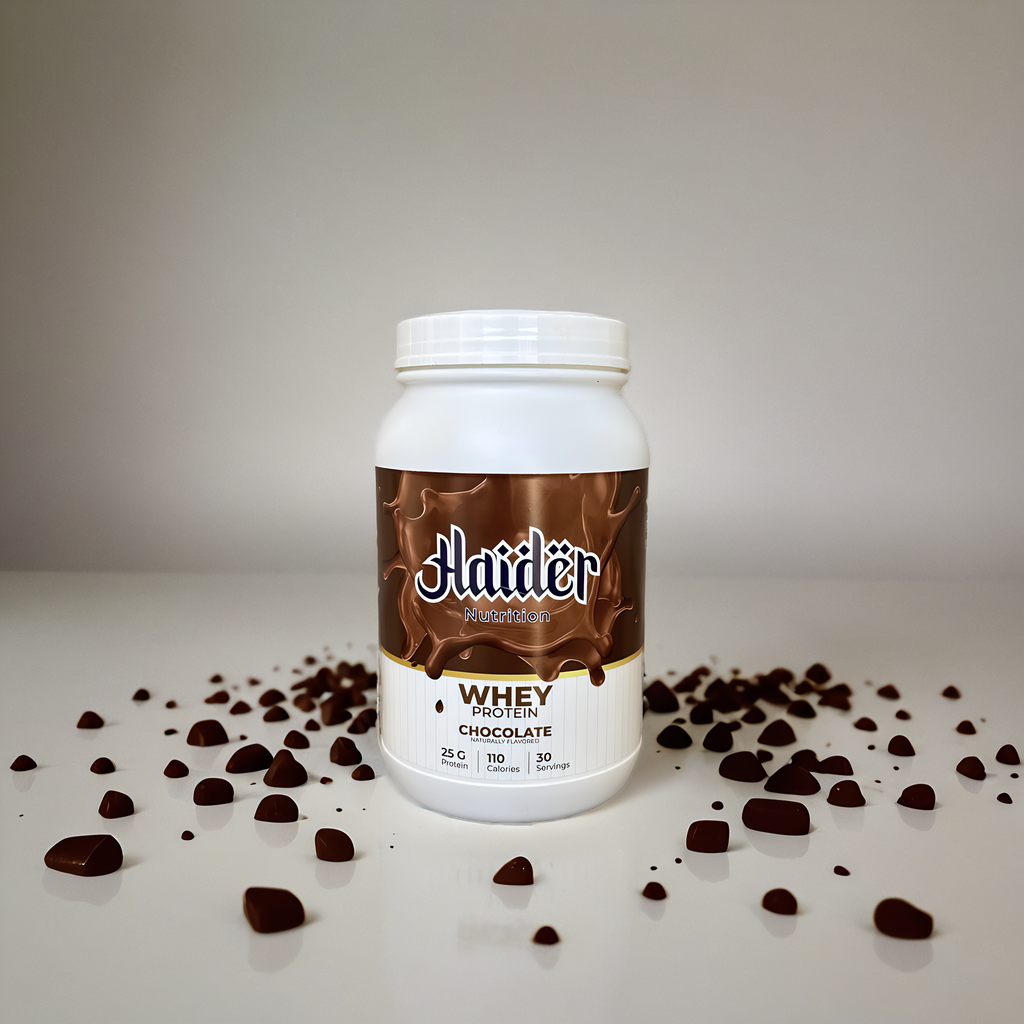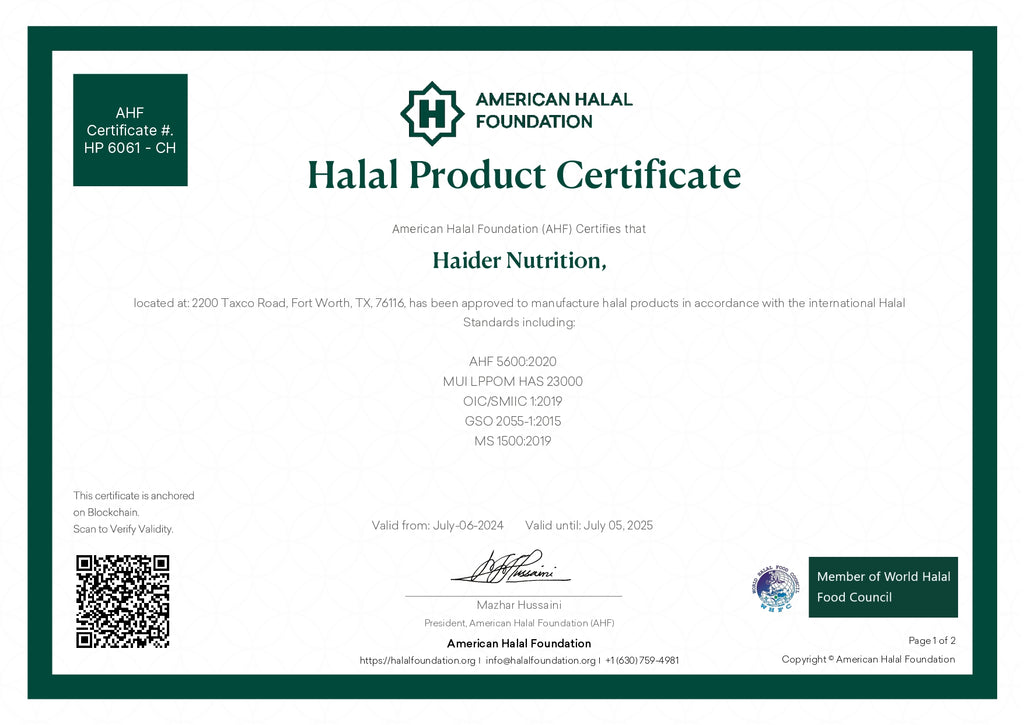
Is Whey Protein Halal? A Comprehensive Guide for Muslims.

Whey protein is a popular supplement, but for Muslims, determining whether it’s halal is crucial. Whey comes from cheese production, where rennet is used to curdle milk. The key question is the source of the rennet:
• Halal: If rennet is sourced from animals slaughtered according to Islamic guidelines, plant-based, or microbial.
• Haram: If rennet comes from animals not slaughtered Islamically or contains non-halal additives like alcohol.
Understanding the Ingredients in Whey Protein: A Halal Guide for Muslims
When determining if whey protein is halal, scrutinizing the ingredients is essential. Here are key components to check:
1. Whey Protein: Ensure it’s derived from halal sources.
2. Rennet: Halal if from animals slaughtered per Islamic law, microbial, or plant-based.
3. Additives: Avoid ingredients like gelatin, alcohol-based flavorings, or enzymes from non-halal animals.
4. Artificial Sweeteners & Emulsifiers: Check if they contain non-halal substances or alcohol.
How to Verify Halal Whey Protein
Look for halal certification from trusted bodies. Certifications ensure that the product adheres to Islamic dietary laws. Always opt for products that are labeled halal, especially if they contain multiple additives, as many supplements use a variety of binding agents or flavor enhancers that may not be permissible.
Common Ingredients in Whey Protein
Whey protein products often contain additional ingredients, and it’s crucial to check each one for its halal status:
1. Sweeteners: Some use alcohol-based sweeteners or those derived from non-halal sources. Stick to natural sweeteners like stevia or ensure the artificial sweeteners used are halal.
2. Flavorings: Look for halal certification, as some flavorings contain ethanol.
3. Thickeners: Ingredients like lecithin or carrageenan can be from animal sources. Halal-certified versions should be clearly labeled.
4. Vitamins & Minerals: Some whey proteins are fortified with extra nutrients, but they might use gelatin capsules, making them non-halal. Verify the origin of these components.
Practical Tips for Halal-conscious Consumers
• Do your research: If a product doesn’t have halal certification, research the company’s manufacturing process.
• Contact manufacturers: Many reputable brands are transparent and willing to share details on ingredient sourcing.
By being mindful of these ingredients, Muslims can make informed decisions when selecting whey protein that aligns with their faith.


